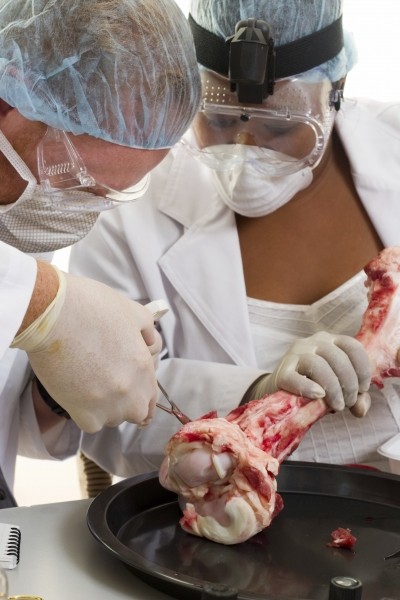New licensing system for Indian food businesses

The announcement was made by V N Gaur, CEO of the Food Safety and Standards Authority of India (FSSAI), in New Delhi at the regulator’s annual central advisory committee meeting.
According to the FSSAI, food businesses having an annual turnover of US$25,000 would have to obtain a license for their business with a state or central level under the Food Safety and Standards Act.
However, food businesses with an annual turnover of less than US$25,000 would have to get registered with the local authorities, Gaur said, adding that this decentralised approach would help better implementation.
Gaur also disclosed at the meeting that a pilot licensing process, with a central level-licensing agency, is already underway in the capital city of New Delhi, and is awaiting full implementation.
The approach is significantly different from the previous Prevention of Food Adulteration (PFA) programme that was widely panned for being ineffective in tracking and controlling food safety issues.
An official for a fast moving consumer goods company in India, which has a line of bakery products, said that the PFA did not have a planned approach to food safety that had kept up with the times, “since its implementation back in the 50s.”
“The one big problem with the PFA was that it had many regulators regulating many different things. Having the FSSAI as one regulator that everyone has to go to in the end is beneficial to the industry,” he said.
The official added that the online licensing system sounds good on paper, but would need those central, state, and local licensing agencies working in sync with the FSSAI to be entirely effective.
The FSSAI got its full powers on August 5 this year, when the Food Safety and Standards Act came into force after it was first introduced in 2006. The act had been delayed by five years, as the FSSAI sought time to prepare the machinery for effective implementation.












